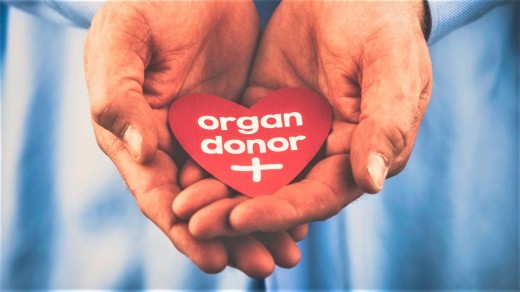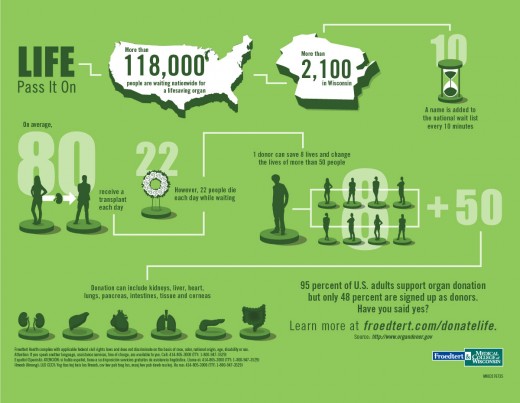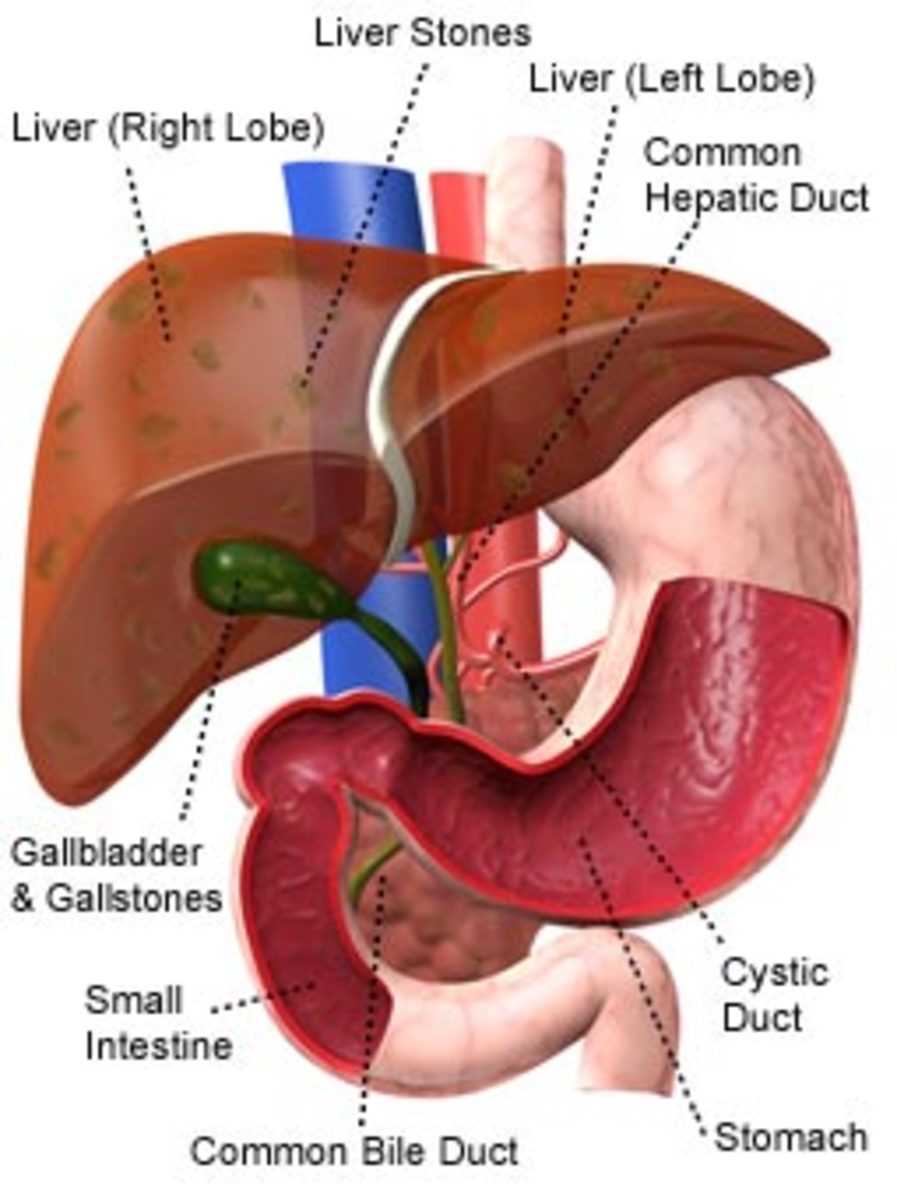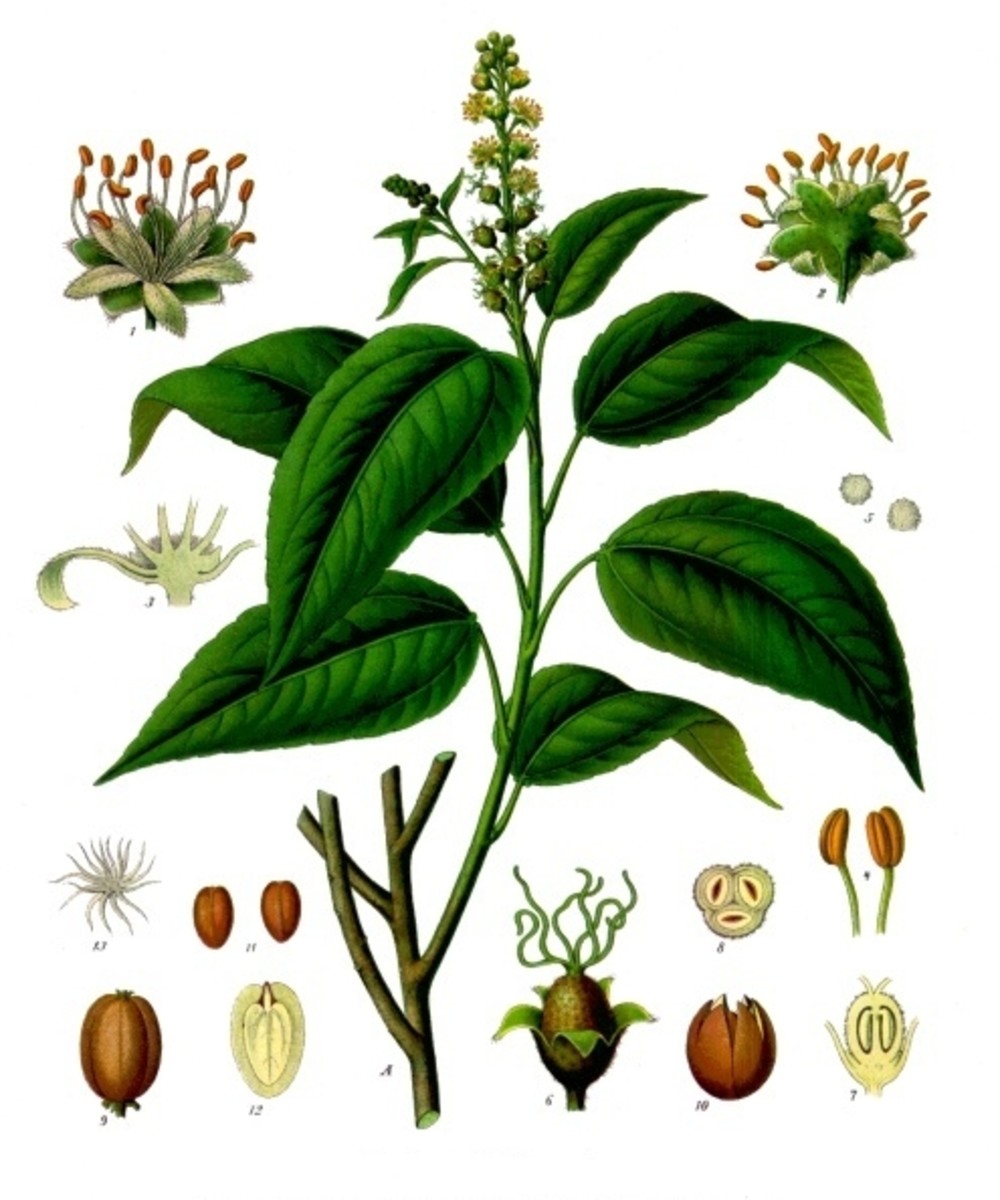Why Organ Donation is so Important
How You Can Become a Donor
You never know when you will die. If we did we probably would not have any organs left to donate from partying wildly.
When you apply for a drivers license they usually ask you if you want to become an organ donor. Why wouldn't you? Your body parts will turn to dust when they could be saving someone else's life.
I am proud to say I am an organ donor.
One person can save 8 lives. If you are in good health and haven't treated your body like it's a carnival, imagine saving 8 lives in one day. How good can that make you feel?
Organs that they will use are heart, lungs, liver,kidneys, tissue (as in skin) and eyes. Once an individual that is an organ donor passes away, a procurement team will come to take your organs. They must of course be examined before they are taken to the patient waiting on them.
It's especially important to consider becoming an organ donor if you belong to an ethnic minority. Minorities including African-Americans, Asians and Pacific Islanders, Native Americans, and Hispanics are more likely than whites to have certain chronic conditions that affect the kidneys, heart, lung, pancreas and liver.
Certain blood types are more prevalent in ethnic minority populations. Because matching blood type is usually necessary for transplants, the need for minority donor organs is especially high.
What is the Transplant Process
Organ transplantation is the process of surgically transferring a donated organ to someone diagnosed with organ failure. Many diseases can lead to organ failure, including heart disease, diabetes, hepatitis, cystic fibrosis, and cirrhosis. Injury and birth defects may also cause organ failure.
The first step of organ procurement is to check the health condition of the organ. If the source is human, most countries require that the source is legally dead for organ transplantation purposes.
Donation after cardiac death (DCD) involves surgeons taking organs within minutes of the cessation of respirators and other forms of life support for patients who still have at least some brain activity. DCD had been the norm for organ donors before 'brain death' became the standard in the early 1970s. Since then, most donors have been brain-dead.
Once the organs are collected they are rushed to the patient receiving the organ. Most organs are only good for 24 to 30 hours.

Can a Patient Find Out About Their Donor
A woman met a little girl who got her daughters heart. She listened to the heart beating and knew her daughter brought life in her death.
Sometimes families may never know who their donor was. As time and technology has moved on, families are more at ease making themselves known to a patient who has received their loved ones organs.
I think anyone that is willing to donate an organ, would love for the person getting it, to know just who they were. You could probably find some really amazing video's on reuniting with an organ donors family.
Families Meet
Transplant Team Surgery of a Kidney Patient

What is Your Fear of Giving Someone Else's Life
I have heard so many people say I am taking everything with me I was born with when I die. But what difference does it make when you are dead? Your liver isn't going to heaven or hell and your eyes won't be seeing anything any time soon.
Are you afraid they might go to someone of another race? Do you feel no one is deserving of your precious gems?
I can't imagine any excuse one could give about being an organ donor. If you hate to see children suffer, how can you look at a child dying from liver failure and know you could have helped them.
How can you watch a mother dying a little each day who will never see her children graduate from high school, go to their prom, get married, have grandchildren or just be around for her family to enjoy.
I honestly think and this is my opinion only, that people who are healthy and don't want to be an organ donor are selfish. It's not like your organs will matter after you are dead.
Save a life or eight. What can it hurt?
A Mother Meets Her Sons Donor
Can't You Just Give a Little
Are you an organ donor?
95% of Adults Support Organ Donation but only 45% Are Signed Up

References
Statistics of organ transplants: https://www.organdonor.gov/statistics-stories/statistics.html
Organ Procurement: https://www.hhs.gov
Connecting donors to families: https://www.unos.org/donation/connecting-donors-and-recipients/
Sign up to be a donor at https://www.organdonor.gov/index.html








